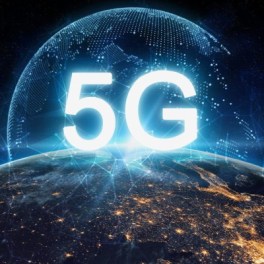News
Bouygues Telecom and Altice France (SFR) have began legal proceedings with the Administrative Court of Paris, seeking to gain compensation from the state for having to remove and replace Huawei radio equipment
At the height of debates surrounding 5G and national security in 2019–2020, France, like many European countries, refused to issue an outright ban on Huawei equipment, as was done by the UK and Sweden.
Instead, the country took a more indirect route, with 2019 Constitutional Council ruling ordering its operators to remove the Chinese vendor’s equipment in densely populated and strategically important areas.
Perhaps more importantly, this new law also stipulated than any new or renewed mobile equipment licences would need to be given the green light by ANSSI, France’s cybersecurity agency. Not long after this announcement, ANSSI indicated that it was unlikely to give such permission for Huawei equipment, in effect issuing a de facto ban on the vendor’s technology by 2028.
With Huawei equipment comprising a significant chunk of French mobile networks – around half for SFR and Bouygues Telecom – this new law presented operators with the unenviable and expensive task of removing and replacing the Chinese vendor’s equipment.
After around two years of unsuccessful legal challenges attempting to amend the law, SFR and Bouygues began removing Huawei equipment in March 2021.
Now, according to French news media L’Informe, the two operators are preparing to take the French government to court in attempt to recoup these rip and replace costs.
In a filing presented to the Administrative Court of Paris, Bouygues Telecom said that its costs amounted to roughly €82 million, though notes that this does not cover the entirety of the 3,000 towers it said will need to be re-equipped by 2028.
SFR did not reveal the specifics of its own expenses but, given it has over 8,000 affected towers, its own claim is likely to be significantly higher than those of Bouygues.
The media report notes that, while legal challenges against the so-called ‘anti-Huawei’ law were rejected by the French justice system in 2021, the rejection did accept that the new law impacted the operators’ property rights, thereby opening the door for potential compensation discussions.
Want to keep up to date with all the latest news from the international telecoms sector? Click here to receive Total Telecom’s daily newsletter direct to your inbox
Also in the news:
NTT and Microsoft collaborate to enhance corporate cyber resilience
Vodafone to cut around 1,300 jobs in Germany
Ofcom raise automatic compensation payments for UK ISP connectivity failures

















